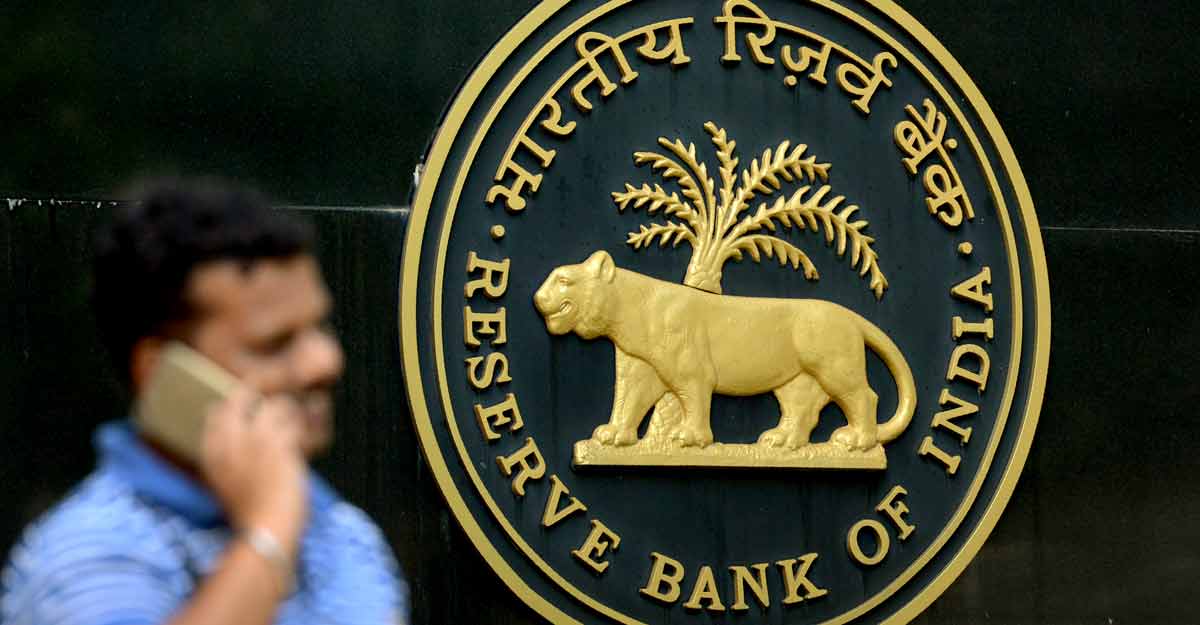Mumbai: The Reserve Bank of India (RBI) said it is studying whether the central bank should introduce digital currency (CBDC) into the country and will look for ways to do so if needed. The RBI statement comes against a backdrop of the growing popularity of private digital currencies, virtual currencies and cryptocurrencies.
In India, everyone, including governments, is skeptical of such currencies. There are also concerns about the risks associated with it. However, the Reserve Bank said it will look into whether a digital copy of the currency is needed. CBDC stands for the legal digital form of the official currency. The central bank has the authority over this. This will also be recorded in the balance sheet.
Digital currencies can be exchanged in the form of electronic currency or exchanged for cash equivalents and traditional deposits of the central bank. Innovations in payments are fast. The Reserve Bank of India said that central banks around the world are studying whether they can make more use of technology and spend money digitally.
Reserve Bank Governor Shaktikanta Das has taken a stance against private cryptocurrencies. He argues that the central bank should be the only sovereign in the country to distribute the currency. In December 2019, he said that the debate over the digital currency to be issued by the central bank was too early. Technical issues were noted.
Like the Reserve Bank, the central government has doubts about cryptocurrencies. There is a bill in Parliament that calls for a complete ban on private digital currencies. In March 2020, the Supreme Court overturned the Reserve Bank ban on banks operating cryptocurrency exchanges. Cryptocurrencies are widely circulated around the world.
English Summary: India may have a new central bank digital currency, and the Reserve Bank of India is exploring the possibility
var fbAppId =$("meta[property='fb:app_id']").attr("content"); var jsonData; var albums1;
var ART_SLIDESHOW = {
loadImgShare: function () { ART_SLIDESHOW.fbPluginCall(); ART_SLIDESHOW.callShareJS(); },
callShareJS: function () {
var link = ART_SLIDESHOW.getLocation(window.location.href); var protocol = link.protocol; var hostname = link.hostname;
$('.share').fadeIn('fast');
$('.fb').unbind().click(function (e) { var FBTitle = $(this).children().data("imgtitle"); var FBDesc = $(this).children().data("imgdesc"); var FBlink = window.location.href.split('.html')[0]+'.html'+window.location.hash;
var props = { method: 'share_open_graph', action_type: 'og.shares', action_properties: JSON.stringify({ object: { 'og:url': FBlink, 'og:title': FBTitle, 'og:description': FBDesc, 'og:image': protocol + "//" + hostname + imgSRC } }) }
function fbcallback(response) { if (responsepost_id) self.close(); } FB.ui(props, fbcallback); return false; e.stopPropagation(); });
$('.close').unbind().click(function () { $('.share').fadeOut('fast'); click_txt = 0; });
},
getLocation: function (href) { var location = document.createElement("a"); location.href = href; if (location.host == "") { location.href = location.href; } return location; },
fbPluginCall: function () { try { (function (d, s, id) { // Disabling this external JS in edit/author mode if (typeof CQ != "undefined") { if (CQ.WCM) { if (CQ.WCM.isEditMode(true)) { return; } } }
var js, fjs = d.getElementsByTagName(s)[0]; if (d.getElementById(id)) return; js = d.createElement(s); js.id = id; js.src = "https://connect.facebook.net/en_US/sdk.js#xfbml=1&version=v2.9&appId=" + fbAppId; fjs.parentNode.insertBefore(js, fjs); }(document, 'script', 'facebook-jssdk'));
FB.init({ appId: fbAppId, version: 'v2.9', status: true, cookie: true }); } catch (err) {} }
}

Subtly charming zombie buff. Amateur analyst. Proud tvaholic. Beer fanatic. Web expert. Evil troublemaker. Passionate internet maven. Gamer. Food evangelist.

